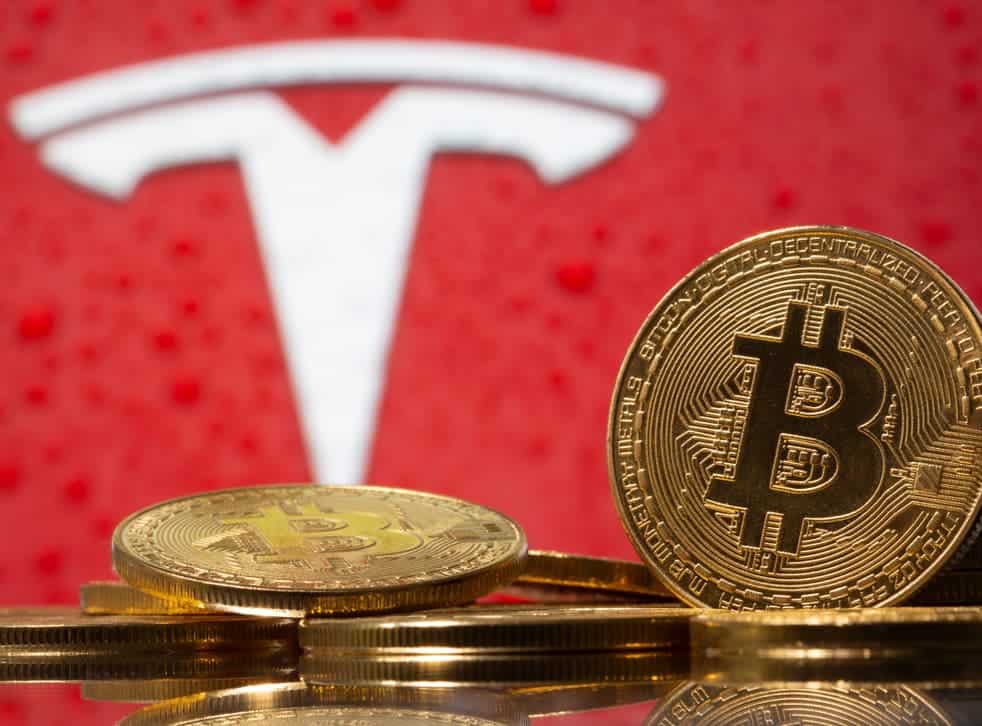
You may be aware that you can now purchase a Tesla using bitcoin.
Tesla CEO Elon Musk announced late Tuesday that it is now possible to buy Tesla vehicles in the U.S. with bitcoin.
“You can now buy a Tesla with bitcoin,” Musk tweeted.
If the idea appeals to you, here’s a twist: The taxman will be hovering with palms out.
When you use bitcoin to purchase goods or services, you are in effect selling that cryptocurrency. And for tax purposes, the IRS treats bitcoin and its brethren as property whose sale comes with either a gain or loss depending on whether it is worth more or less than when you acquired it.
“It’s really important to know the cost basis of any cryptocurrency — the value when you bought it — and the timing of that,” said Garrett Watson, a senior policy analyst at the Tax Foundation. “That’s going to determine how much is subject to tax and what tax rate you’re paying.”
Right now, one bitcoin is worth about $56,000, up from about $6,700 a year ago. Last month, Tesla announced that it had bought $1.5 billion worth of bitcoin and would soon begin accepting bitcoin as a form of payment for its electric vehicles, which come with starting prices of about $38,000 for a Model 3 to about $80,000 for a Model X, according to Edmunds.com.
If you were to use bitcoin that you’ve held for one year or less, any increase between its value when you bought it and when you use it to make a purchase is considered a short-term gain and would be taxed at ordinary income tax rates, which range from 10% to 37%, depending on your total income.
Be aware that depending on your other income and the amount of the short-term gain, you could be pushed into a higher tax bracket. For example, if you had $40,000 in taxable income without the bitcoin transaction, the highest rate you’d pay on that would be 12%. If you were to add a bitcoin gain of $10,000 to that, it would push you into the next tax bracket, which comes with a marginal rate of 22% for income above $40,525.
On the other hand, if you had held the bitcoin for more than a year when you made the purchase, you’d be taxed at long-term capital gains rates, which are either 0%, 15% or 20%, depending on which tax bracket your income falls into.
One way to reduce the capital gains taxation is to use other investment losses against it.
“If you have capital losses elsewhere, it’s a way to minimize your net tax bill,” Watson said.
If you have more losses than gains, you generally can use up to $3,000 a year to offset other income on your federal taxes and carry forward additional amounts to future years.
Tesla has a spot on its website that provides some details of how it will handle bitcoin purchases. The company did not respond to an email inquiry for additional information.
